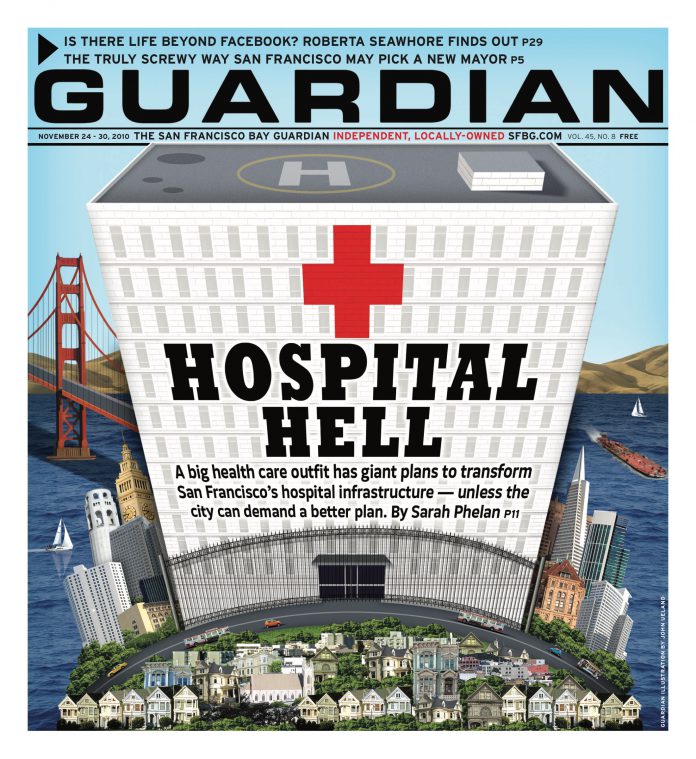MUSIC Accurately summing up the music The Books create is a tall order. Folktronica, indie pop, cut and paste, experimental — all these tags can loosely be assigned to it, but none fully express the group’s acoustic virtuosity and electronic archival flair. After meeting in New York City in 1999, Nick Zammuto and Paul de Jong soon began to craft their unique mix of found sounds, cello, guitars, vocals, and studio experimentation. That work has led to four albums, a remix collaboration with Prefuse 73 and a commission to create elevator music for the Ministry of Culture in Paris. Zammuto took some time to chat about the group’s use of samples and its newest release (on Temporary Residence Ltd.), The Way Out.
SFBG You guys seem to put a lot of thought into which venues you perform at.
Nick Zammuto More than anything, the venue creates the evening, the shape of it and the sound of it. And it’s amazing how it brings out different characteristics in an audience. Part of it is what they bring and part of it is what we do. But there’s that third element, which is the venue. It’s a mysterious thing.
SFBG I’m curious about how you find what you sample. Where did the material featured on The Way Out come from?
NZ During our tours in 2006 and 2007, we just stopped at thrift shops all along the way, wherever we could. We’d pick up VHS tapes and audiotapes. Basically we take the tapes and digitize them and then go through them and save all the stuff we think might be useful, having no idea what it might be used for. If it kind of has this memorable, emotional quality to it, we save it and keep it around. And the cream rises to the surface, in a way. We end up with these samples that are so far and above anything that anyone would expect, and you just have to use them. We throw all those in a folder called “Must Be Used.” And that’s what starts a lot of the ideas for the compositions.
SFBG Considering how meticulous you guys seem to be with crafting albums and each individual song, do you ever struggle with deciding when something is done being worked on?
NZ Yeah. I mean, I compose the stuff and it takes forever (laughing). And it’s a completely exhausting process. But you just kinda know when you’re done because you don’t want to work on it anymore. It becomes like a zero-sum game. Nothing you can do can make it any better than what it is, so you just let it go. Tracks are never finished, they just kind of escape.
SFBG Have you ever been contacted by someone who appears in one of the found samples you’ve used throughout your career?
NZ People wonder about this a lot, and we haven’t, I think for a couple of reasons. Who knows how old some of the people on those tapes are now? And you know, we’re a pretty small band, so I don’t know how it would get to them, unless it was through some crazy kind of way. Maybe it will happen someday …
[Working with the tapes] feels like archeology, even though it’s of the recent past. There’s some distance between now and then, so [the material] takes on a totally different meaning. There’s all this inadvertent cultural information in the tapes. Stuff that was the background when people were making them becomes the foreground because it’s so different from how we are now. And it often comes across as funny. But it also has this unconscious quality to it in that none of the stuff is planned. What it means isn’t preconceived. It’s really honest in the way it comes though. It’s just people being themselves. And that’s what I really like about it.
THE BOOKS
With Black Heart Procession
Palace of Fine Arts Theatre
3301 Lyon, SF
(415) 567-6642

